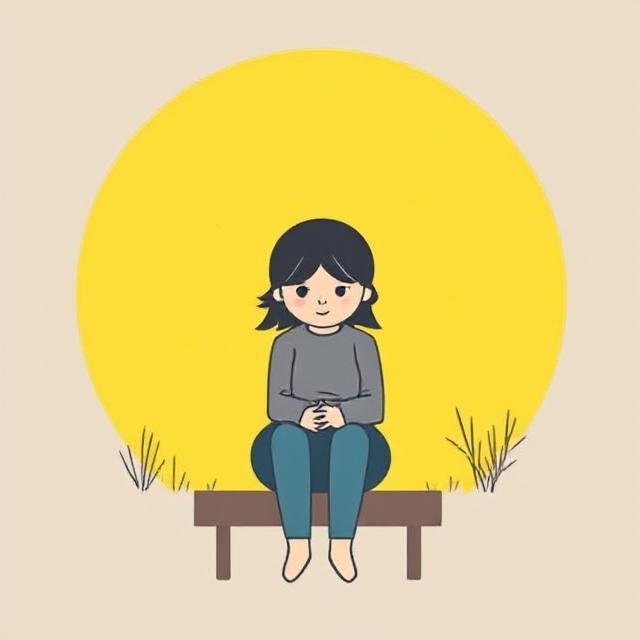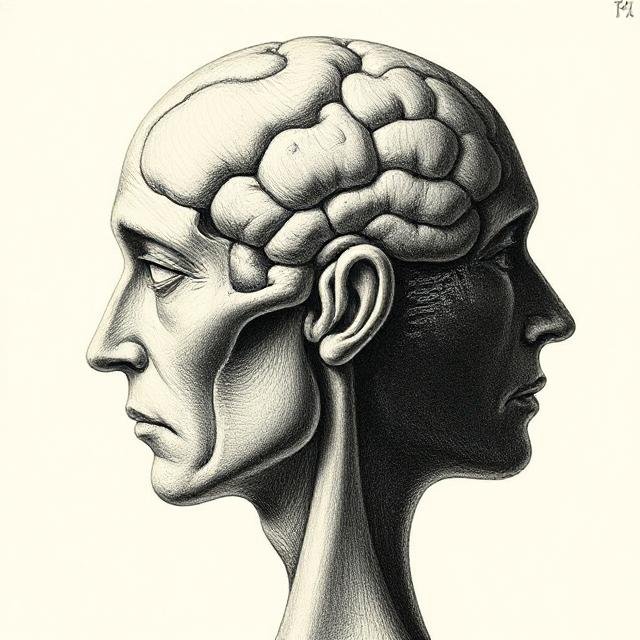Why People Hesitate to See a Therapist
Despite mental health awareness campaigns, stigma and misconceptions still deter people from seeking help. According to the National Institute of Mental Health (NIMH), nearly one in five U.S. adults lives with a mental illness, yet many go untreated (NIMH, 2024).
Reasons people delay therapy include:
- Fear of being judged or labeled
- Belief they should “handle it themselves”
- Financial or insurance concerns
- Lack of awareness that therapy can help even mild issues
The reality? Therapy can benefit anyone—not only those in crisis.
10 Clear Signs It’s Time to See a Therapist
Below are signs, based on current clinical research and expert guidelines, indicating it might be time for professional help.
Persistent Feelings of Sadness or Hopelessness
Feeling down occasionally is normal. But if sadness lingers for two weeks or longer, you may be experiencing clinical depression. Symptoms include:
- Fatigue
- Changes in appetite or sleep
- Loss of pleasure in activities
Untreated depression can worsen over time. Psychotherapy, particularly cognitive behavioral therapy (CBT), is highly effective for depression (APA, 2023).
Excessive Worry or Anxiety
Everyone worries sometimes. But if anxiety is constant, intense, or interferes with life, it’s a signal to seek help. Signs include:
- Racing thoughts
- Physical tension
- Panic attacks
Therapy can help manage anxiety disorders and teach coping strategies (NIMH, 2024).
Difficulty Functioning in Daily Life
If mental health symptoms make it hard to:
- Go to work or school
- Maintain hygiene
- Manage responsibilities
…it’s time to reach out. Therapy helps you regain functionality and improve quality of life.
Traumatic Events
Survivors of trauma—including accidents, assault, or natural disasters—often benefit from therapy. Left untreated, trauma can evolve into:
- PTSD
- Depression
- Relationship difficulties
Evidence-based therapies like EMDR and trauma-focused CBT are highly effective (WHO, 2023).
Struggling with Relationships
Therapy can help if you:
- Feel isolated or lonely
- Have frequent conflicts
- Struggle with communication
Couples or family therapy can also improve relationship dynamics.
Unhealthy Coping Behaviors
Turning to alcohol, drugs, food, or risky behaviors to cope is a red flag. Substance use often masks deeper emotional pain. Therapy addresses the root causes while teaching healthier coping mechanisms (NIDA, 2023).
Overwhelming Stress
Stress is normal—but when it’s constant and overwhelming, it can lead to:
- Burnout
- Physical illness
- Anxiety and depression
Therapists can help you develop stress management strategies and prevent long-term damage.
Chronic Physical Symptoms without Medical Cause
Mental health issues sometimes manifest physically, including:
- Headaches
- Digestive problems
- Chronic pain
If your doctor finds no medical explanation, therapy may help uncover emotional roots.
Loss of Interest in Activities
Losing interest in hobbies, work, or relationships is a hallmark of depression or burnout. Therapy can help rekindle motivation and rebuild engagement in life.
Thoughts of Self-Harm or Suicide
If you’re having thoughts of harming yourself—or feel like life isn’t worth living—seek help immediately. This is a mental health emergency. Call emergency services or a helpline.
In the U.S., dial 988 for the Suicide and Crisis Lifeline. You deserve support.
When Therapy is Preventative, Not Just Reactive
Therapy isn’t only for crises. Many people see therapists to:
- Improve communication skills
- Navigate life transitions
- Develop self-awareness
- Manage stress proactively
Studies show therapy improves life satisfaction even in people without a formal mental health diagnosis (APA, 2023).
How to Find the Right Therapist
Choosing a therapist can feel overwhelming. Here’s how to start:
✅ Identify your goals. Are you looking for coping skills, trauma recovery, relationship help?
✅ Research therapy types. Different modalities work for different issues.
✅ Verify credentials. Look for licensed professionals.
✅ Ask questions. Good therapists welcome questions about their approach and experience.
✅ Trust your instincts. A strong therapeutic relationship predicts better outcomes.
Resources like Psychology Today’s Therapist Finder or NAMI can help you start your search.













